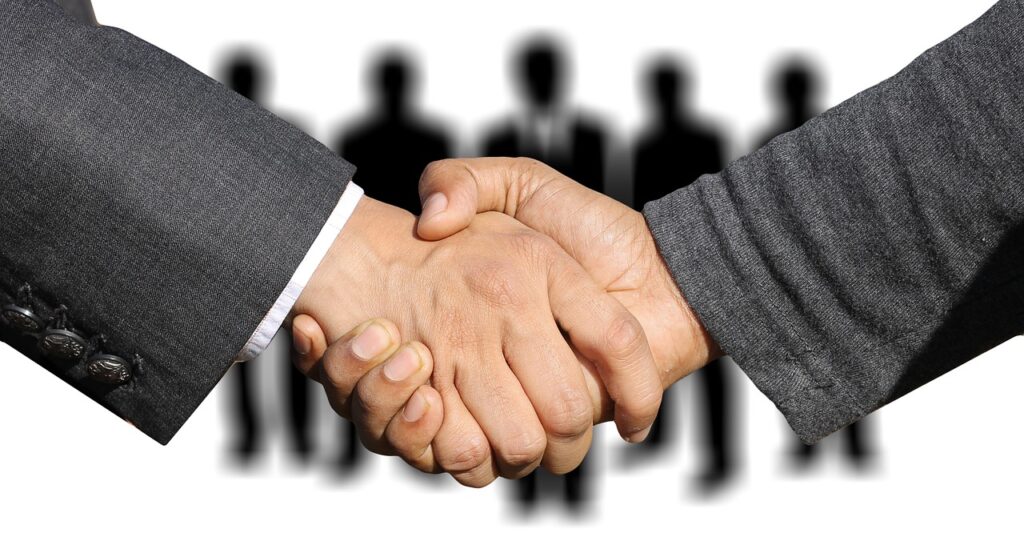The Best And Worst Ways Covid Changed Social Etiquette
As social etiquette rules go, never ask someone how they got COVID, follow host rules, disclose any positive illness results beforehand, and be respectful.
This article is more than 2 years old

The way we socialize, work and date have changed dramatically since the global pandemic. Since some of the old conventions are outdated, it can be difficult to know what is and isn’t acceptable. Fortunately, The Cut has created a helpful list of post-Covid social etiquette dos and don’ts.
The most important rule of post-pandemic social etiquette is not to ask how someone got Covid-19. The only acceptable inquiries about their health include, “Are you feeling better?” and “Can I get you anything?” People don’t generally enjoy recalling how they contracted a potentially life-threatening illness.
Never ask someone to explain their reasons for wearing a mask. If their choice makes you nervous, put one on too. But if their personal actions irritate you, it might be time to get over yourself. Maybe they’re recovering from bronchitis. Or perhaps they are preparing to visit an elderly relative. Perhaps they have Covid-19. So mind your social etiquette and avoid those questions.
When visiting friends or relatives, it’s important to abide by their house rules. Whether they keep their windows open during a winter gathering, or if they opt for a no-ventilation summer party – if you’re not the host, don’t question their methods. Social etiquette dictates that real friends will accommodate the needs of their counterparts.
Still, in terms of Covid-19-related social etiquette, the dos generally outweigh the don’ts. If you’re hosting an event, it’s perfectly acceptable to set some ground rules. Just be sure to communicate expectations in advance. For instance, invitations should include a note like, “Please know we’re asking all guests to be masked indoors.”
“This party is going to involve close-quarters karaoke singing. Don’t attend if you’re not comfortable with close proximity,” is also acceptable social etiquette. By doing so, people know what to expect and will feel more at ease. It’s also a good idea to include testing requirements or other needs in the invite. Additionally, hosts should explain the size of the invite list in real numbers.
Interestingly, new social etiquette says it’s totally fine to use Covid-19 as an excuse to get out of almost anything. Mostly because it’s just a great way to avoid follow-up questions or pressure to do something you’re not interested in. After being stuck indoors for almost a year, we all deserve something out of the dreadful illness, right?
It’s also super important to disclose your recent positive Covid-19 test results to anyone you may have infected as soon as possible. Social etiquette says there is no shame involved in doing so either. It’s not your fault if you get a virus. Outbreaks in communities are also a great time to revisit group norms, especially in an office or school setting.
Questions like, “Should this be a mask-free space,” or “Are we endangering or excluding older and immunocompromised people?” are perfectly acceptable. Raising concerns about things like ventilation with community leaders or employers are also on the list of social etiquette dos.
The only entities that should feel shame or embarrassment are the structures that allow us to spread the virus, not the people who are just trying to live as normally as possible.



